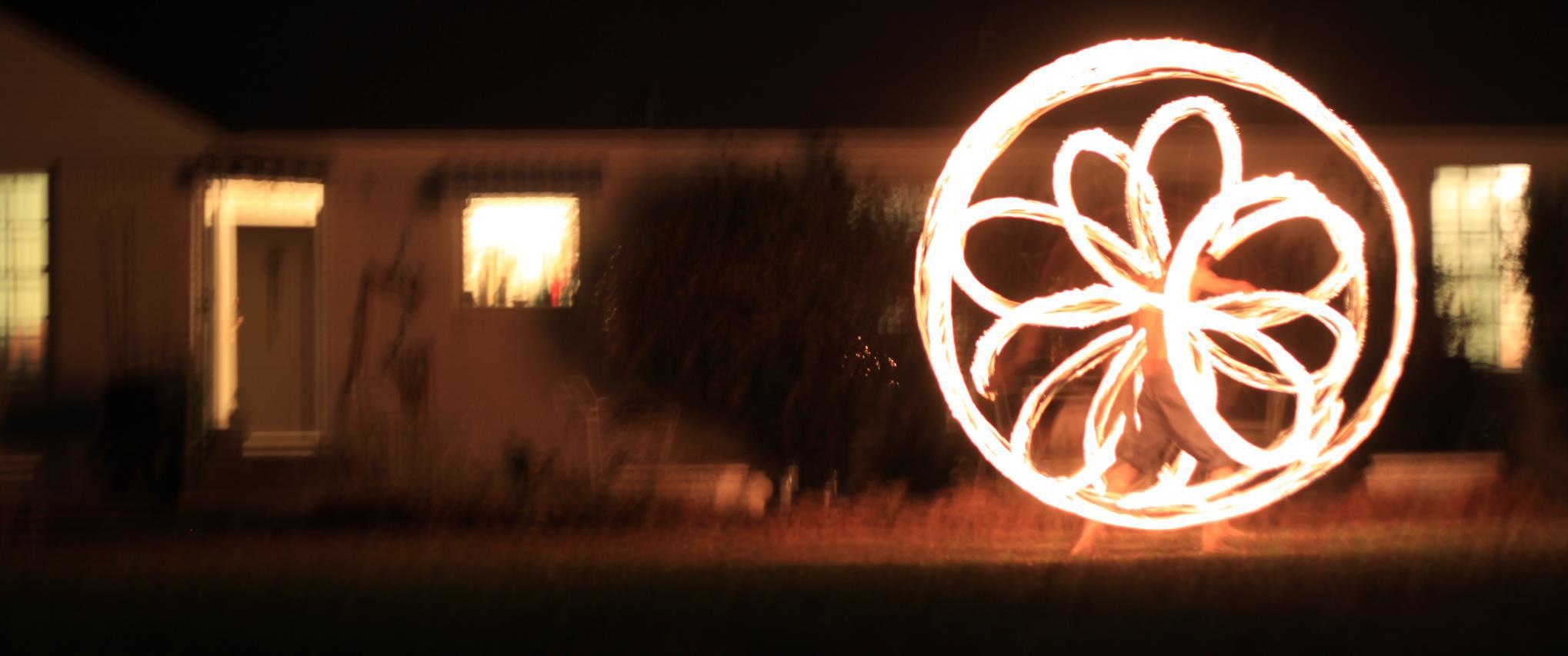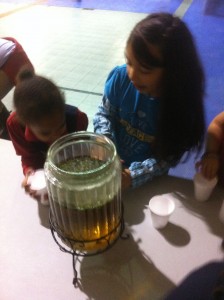It was PTO, Parent Teacher Organization, night and for some reason, I was still there at 8pm listening to something pertinent to our students. It was late, I wanted to go home, and my energy was plummeting to life threatening levels. Then a group of kids approaches me and asks, “Mr. Chow, can we make tea for our parents?” I was shocked.
How Did this Happen?
I made a point to use tea as a method to enjoy class and to have an excuse to drink tea during work. At the same time I was able to teach kids about evaporation, closed circuits, condensation, the boiling point of water, the density of ice, phase changes of water (solid, liquid, gas), the properties of phases (liquids take the shape of their container, gases fill their container), observing, and journaling. Plus, they learned how to make tea. It became an instant hit during Junior Master Gardening. I had 30 kids sipping on tea every Wednesday. I digress.
The Result
My intentions at the beginning was to just enjoy tea in class and here comes a gang of students asking me for permission to make tea and serve their parents. Of course, I was going to see what we could do to make it happen. It was approaching the end of the presentation that I was supposed to pay attention to and I somehow became preoccupied in brewing tea once again. I send a group of kids on various missions: get cups from the kitchen, gathers herb from the garden, setup the equipment, and begin brewing.
As each of the components arrived, we setup an assembly line and began brewing and pouring. A few students took it upon themselves to start serving it to all of the adults and themselves.
The Real Lesson
You never know how or what you’re teaching and doing is affecting the world around you. Recognizing the feedback loops ensures that it’s in a positive or negative direction. For me, it resulted in 2 gallons of tea to take away after a long day of work and a mess that I had to clean up. The lesson I forgot to teach is to clean up after yourself, but nonetheless, I think they learned something important.


Tea! I love the way you take a simple cultural behavior and turn it into many lessons about the behaviors of water. Brilliant!